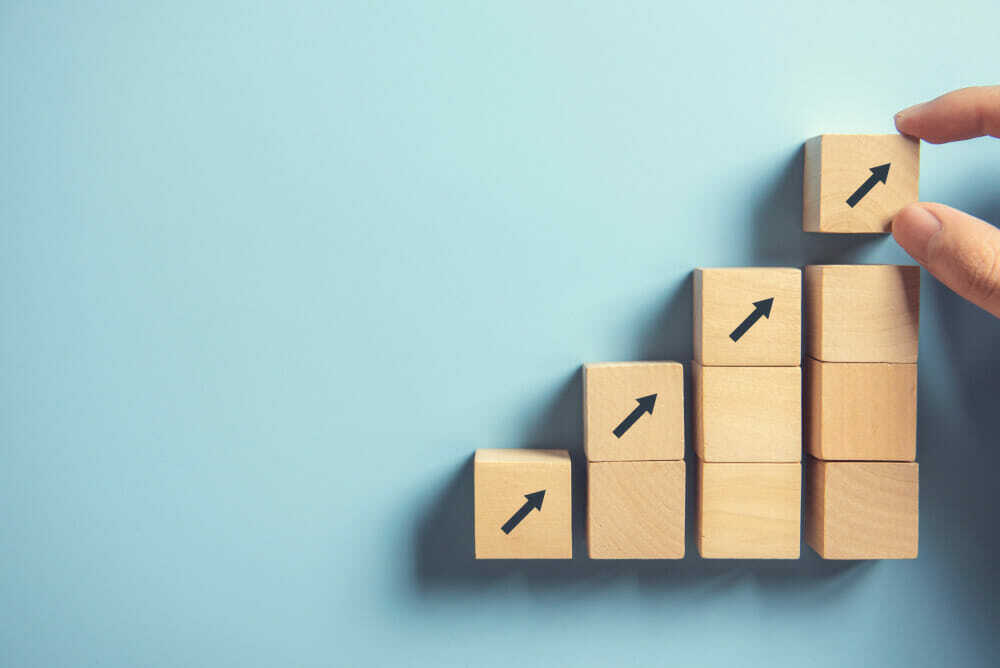Time and again, history has shown how outsourcing can help businesses thrive. Cloud computing is one of the latest examples of how utilizing external resources can help cutting-edge companies scale effectively. Below, we investigate how Platform-as-a-Service (PaaS) helps your enterprise grow, and how Spryker's PaaS+ can further benefit scalability.
What is PaaS?
How PaaS benefits enterprise scalability
Further benefits with Spryker’s PaaS+
Some things are better outsourced. Why sweat the small stuff when your team can focus on what really matters: creating the best possible product for your customers? Time and again, history has shown that outsourcing unnecessary responsibilities allows staff to focus on important tasks elsewhere.
An early example of outsourcing as a practice was seen in action between 1890 and 1920, when electrification swept the US. With electrical power having recently been made available from reliable and cheaper centralized sources, companies and factories were no longer reliant on in-house generators to ensure the lights stayed on. As businesses ceased to consider this their responsibility, physical space (once occupied by generators) and staff time (now freed from maintaining the machines) could be put to better use.
By this same token, cloud computing is helping companies further harness the efforts of their workforce. As technology use increases, more strain is placed on IT teams and on-site facilities to meet demand. Many companies have turned to cloud computing to overcome this.
Just as electrification offered cheaper and more reliable power, cloud computing offers cost-effective and almost unlimited IT resources without the need for on-site maintenance.
Just like clouds themselves, cloud computing models come in different shapes and sizes. For enterprises, the most common solution is Platform-as-a-Service (PaaS).
But what is PaaS, and how can Spryker’s PaaS+ delivery benefit your business’s scalability?
What is PaaS?
PaaS is a cloud computing model which offloads numerous responsibilities from your company to the vendor. In this case, the vendor provides:
- Servers
- Storage
- Networking
- Virtualization
- Middleware
- Operating system
- Runtime
This leaves your business to provide only:
- Data
- Applications

Comparing this to other cloud models, such as Infrastructure-as-a-Service (IaaS) or Software-as-a-Service (SaaS), PaaS provides a sweet spot between access to necessary computing power alongside adequate customization, all whilst being accessible and workable for a wider range of developers.
In comparison, an IaaS solution will offer more customization but require a more costly system administrator to run it. Opt for SaaS and you’ll need a low level of technical support, but very little customization will be available.
As well as offering the cost-effective benefits above, PaaS is known for its scalability, an incredibly important aspect of modern business.
How PaaS benefits enterprise scalability
Scalabilty refers to the ability of a business to reactively change in size according to need or demand. This is important in modern business to easily ramp up operations at key moments.
By offering virtualized resources, PaaS allows for scalability in a number of areas:
-
Provides responsive computing power
With PaaS setups, you only pay for the computer power you use and can add or remove capacity as needed. Compared to an on-premise solution, where physical servers must be installed and maintained to allow additional resources, this offers much easier elasticity in scalability.
-
Frees up employee time to focus on scaling business
In the PaaS model, developers no longer need to focus on the underlying infrastructure that allows them to code, offering them the ability to focus purely on the code itself. It eliminates the need to build and maintain many aspects of on-premise solutions, allowing maximized efficiency in their developer roles.
-
Allows a wider net of potential employees
Staff can access PaaS services from anywhere, meaning employee hiring can take place from anywhere too. As PaaS services can be utilized by developers, more scarce system administrators are also not necessary. In a market as highly competitive as tech, with large deficits in much-needed talent, this widens the potential pool of employees massively, helping your team, and company, scale.

PaaS as a cloud approach is often offered to enterprise companies by service providers. But Spryker decided to take the PaaS concept further by delivering their cloud service as a PaaS+. Spryker’s PaaS+ offers all of the scalability benefits listed above, along with other advantages.
Further scalability benefits with Spryker’s PaaS+
PaaS+ allows companies to further offset responsibilities from in-house teams onto Spryker. Spryker Code Upgrader, available only via PaaS+, assists in reducing maintenance efforts for in-house engineers. By reducing your engineers’ workloads, PaaS+ further enables organizations to scale.
But how does Spryker Code Upgrader do this? It offers a process that benefits the scalability of business:
-
Semi-Automatic Upgrades
Spryker Code Upgrader allows semi-automated upgrades on patches and minor updates to your SCOS platform, reducing organizational upgrade efforts. This allows tech staff more opportunity to focus only on the tasks they really need to, further allowing them to focus on helping your platform grow.
–
Cloud computing is not just a “nice to have” but very much a “must have” in modern business, particularly when it comes to the ability to effectively scale. Choosing an efficient cloud platform is essential to ensure adequate scalability in a cost effective manner. Although PaaS is proven to help businesses benefit, PaaS+ from Spryker offers further benefits which offset additional responsibilities from your workforce. This reduction in tasks for in-house teams increases scalability by allowing developers to focus most effectively on the tasks they’re employed to carry out.
Interested in learning more about how PaaS+ can help your business scale? Speak to our Sales team now!


